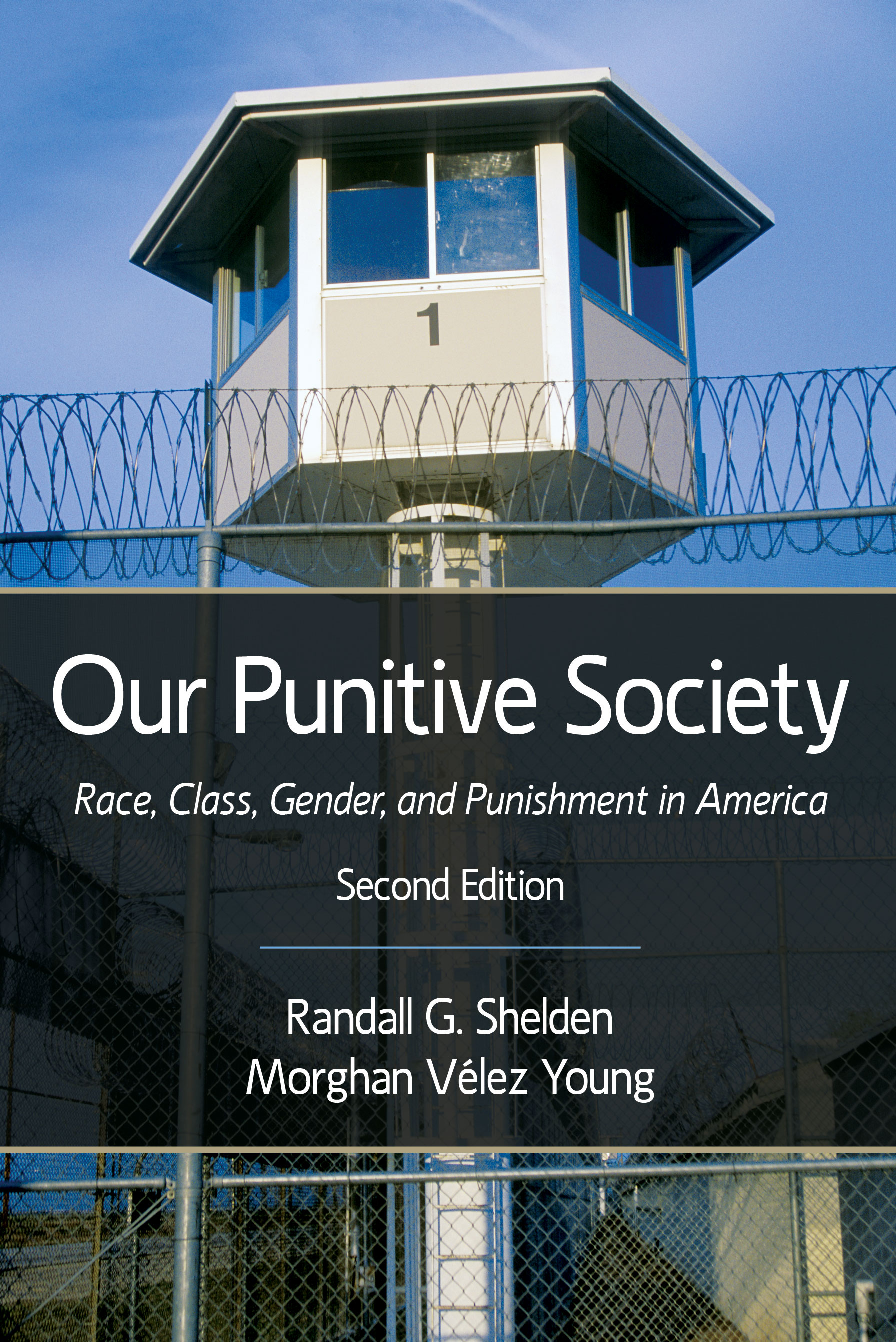Introduction: Why Are We So Punitive?
Indices of Change / Public Discourse on Punishment / We're the Tough Guys / A Concluding Thought
1. Incarceration in the United States
People under Criminal Justice Control / Crime Rates and Mass Incarceration / Expenditures and Crime Control / The War on Drugs
2. The Punishment Business
Connections to Crime / The Crime Control Industry / Uplifting Rural Economies? / The Privatization of Prisons / Private Security: Crime Is Good for Business
3. Jails: Temporary Housing for the Poor
The Historical Context / Who Is in Jail? / Conditions in Jail / Criminalization of the Mentally Ill / Functions of Jails: Managing the "Rabble" Class
4. Slavery in the Third Millennium
Social Control, Prisoners, and Slavery / Convict Leasing / The Chain Gang Revisited / Funneling African Americans into Prison / The New American Apartheid / More Evidence of Slavery in the New Millennium: Disenfranchisement
5. Legalized Homicide: The Death Penalty
Lynching: Forerunner to the Death Chamber / Capital Punishment / Juveniles and the Death Penalty / The Death Penalty and the Mentally Disabled / Wrongful Convictions / The Machinery of Death / The Expense of Executions / Politics and the Death Penalty / An Arbitrary and Flawed Policy
6. Punishing Women
A Brief History of Women's Prisons / Women in the Criminal Justice System / Characteristics of Incarcerated Women / Sentencing Patterns / Criminalizing Pregnancy / Violence Against Women
7. Criminalizing LGBTQ Lives
State-Sanctioned Violence / Targeting the LGBTQ Community / Incarcerated LGBTQ Individuals / State Leadership and Oppression / Reform Voices
8. Punishing Kids
Houses of Refuge / Court Decisions and Effects / Punishing Youths: Abuses Inside / Funneling Youth into the "Pipeline" to Prison / LGBTQ Youth in the Juvenile Justice System / Alternatives to Punishing Children
9. Community Supervision: Punishment without Walls
History of Probation and Parole / Feeding Mass Incarceration / Set Up to Fail / Collateral Punishments
10. Is There a Better Way?
Addressing the Problem of Social Inequality / Ending the War on Drugs / Curbing Prosecutorial Power / Expanding Diversion Programs, Avoiding Net Widening / Gender-Responsive Strategies / Broad-Based National Strategies to Reduce Crime / We Need a New Paradigm / Some Closing Thoughts

324 pages, $43.95 list
1-4786-3978-4
978-1-4786-3978-7
© 2021
paperback
eBook availability
Similar Titles
Our Punitive Society
Race, Class, Gender, and Punishment in America
Second Edition
This reader-friendly exploration of the primary forces relevant to punishment—poverty and political powerlessness—highlights the necessity for humane alternatives to our current incarceration binge. This provocative overview looks at the business of punishment and at the historical patterns of control regarding slavery, the death penalty, women, the LGBTQ community, juveniles, and supervision.
The United States has the world’s highest rate of incarceration—a form of punishment that separates the least privileged from the rest of society, creating populations of damaged lives. All of society pays the price for overly punitive sanctions. Equal justice is not possible in an unequal society. Up-to-date statistics illustrate the race, class, and gender inequalities in the criminal justice system.
The criminal justice system has expanded for half a century. Will challenges to policing succeed in narrowing the net of social control? Will the cost of maintaining a massive system stimulate a transformation, or will stakeholders support minimal reforms that do not threaten their interests? The public is largely unaware of most of the workings of the criminal justice system. Through this engaging text, the authors hope to provide insights that encourage readers to examine the collateral effects of policies to address crime and the role of punishment.
The United States has the world’s highest rate of incarceration—a form of punishment that separates the least privileged from the rest of society, creating populations of damaged lives. All of society pays the price for overly punitive sanctions. Equal justice is not possible in an unequal society. Up-to-date statistics illustrate the race, class, and gender inequalities in the criminal justice system.
The criminal justice system has expanded for half a century. Will challenges to policing succeed in narrowing the net of social control? Will the cost of maintaining a massive system stimulate a transformation, or will stakeholders support minimal reforms that do not threaten their interests? The public is largely unaware of most of the workings of the criminal justice system. Through this engaging text, the authors hope to provide insights that encourage readers to examine the collateral effects of policies to address crime and the role of punishment.